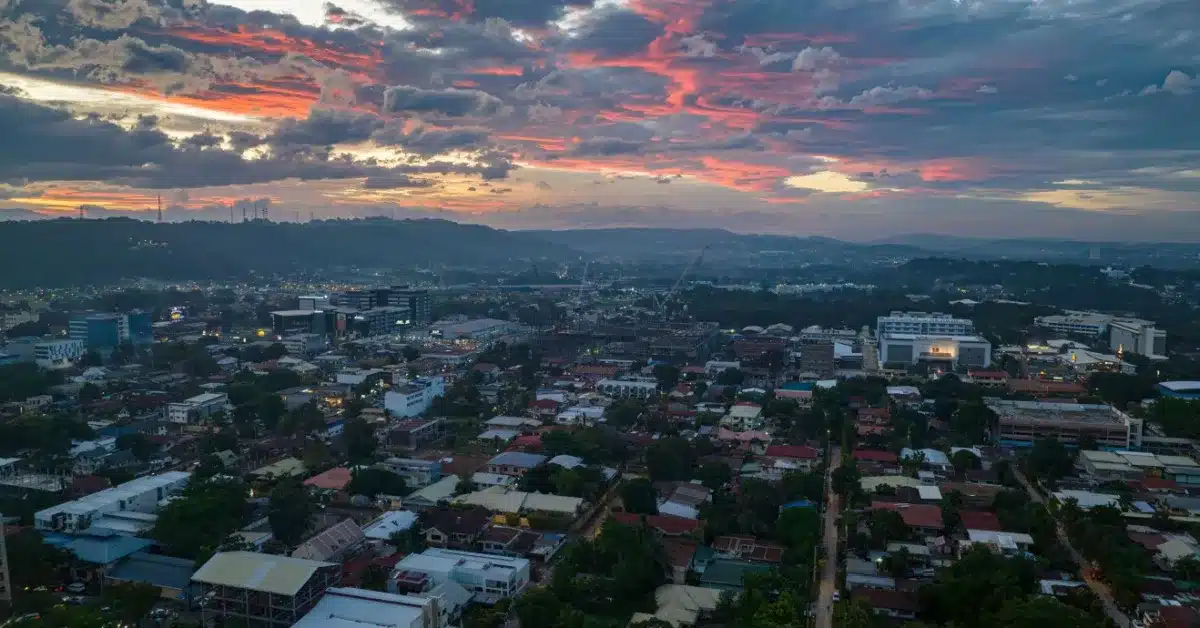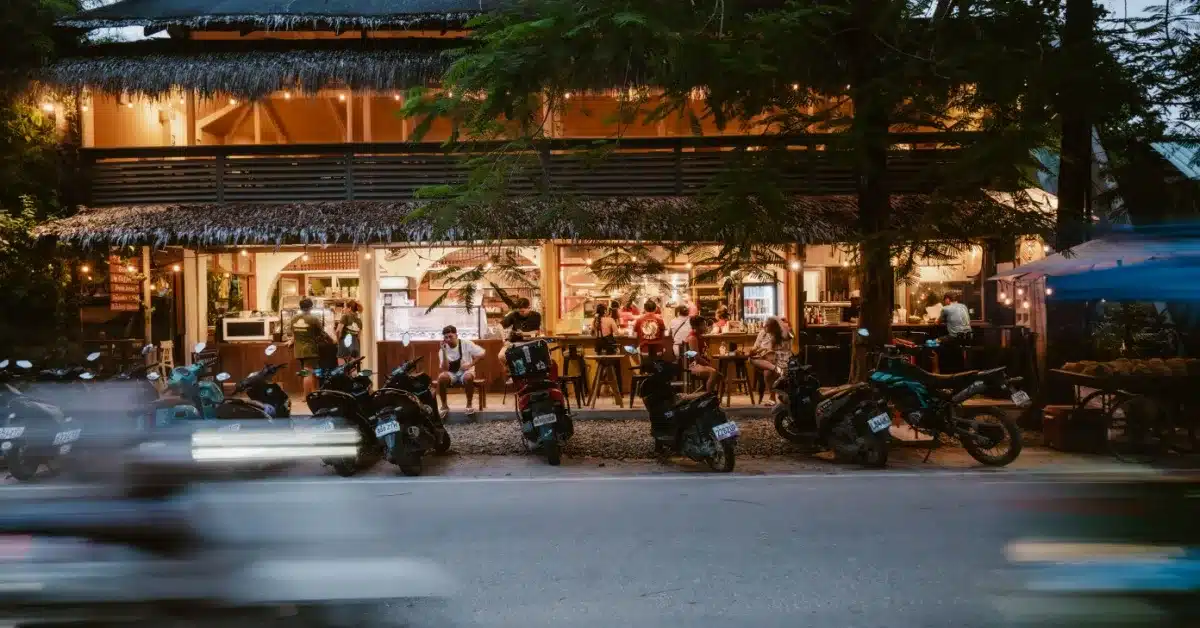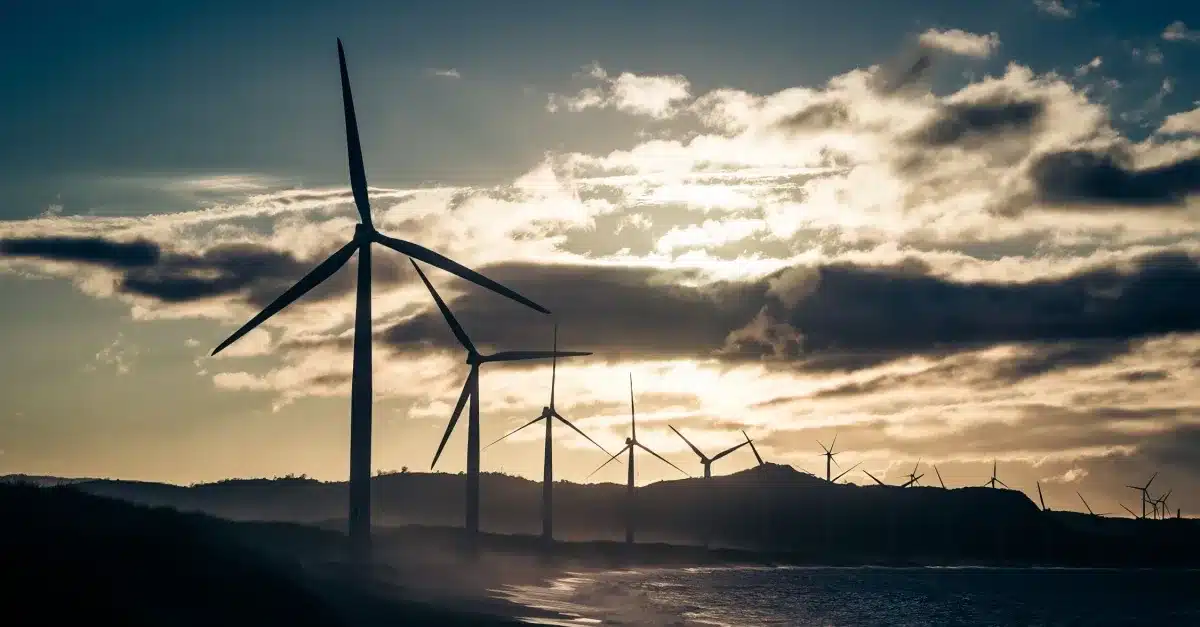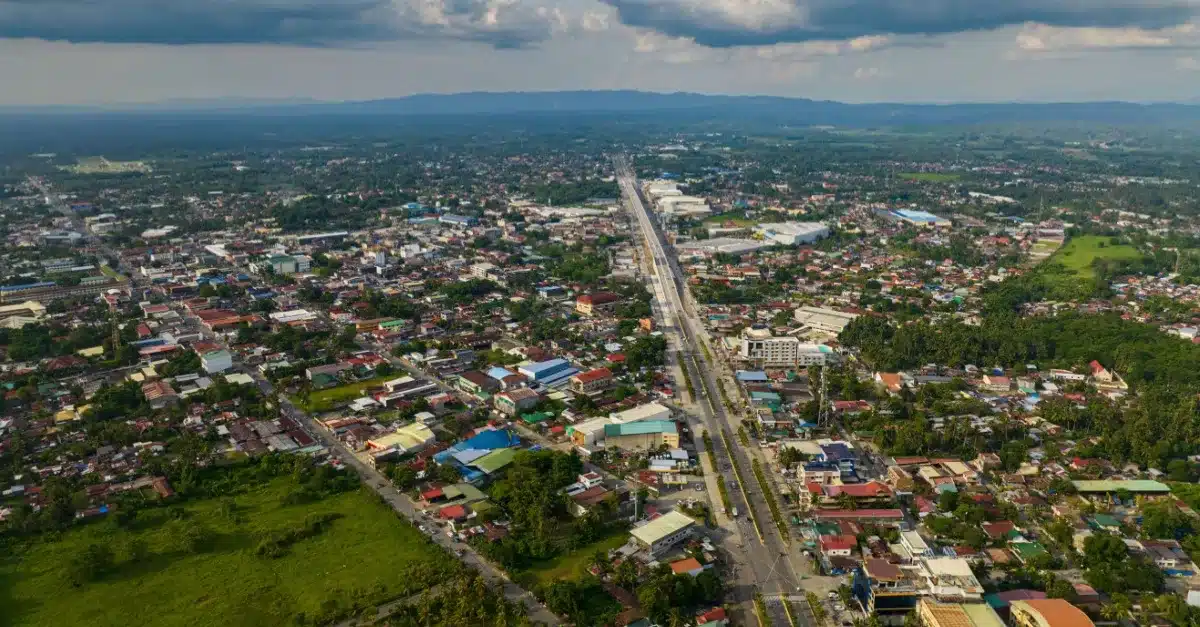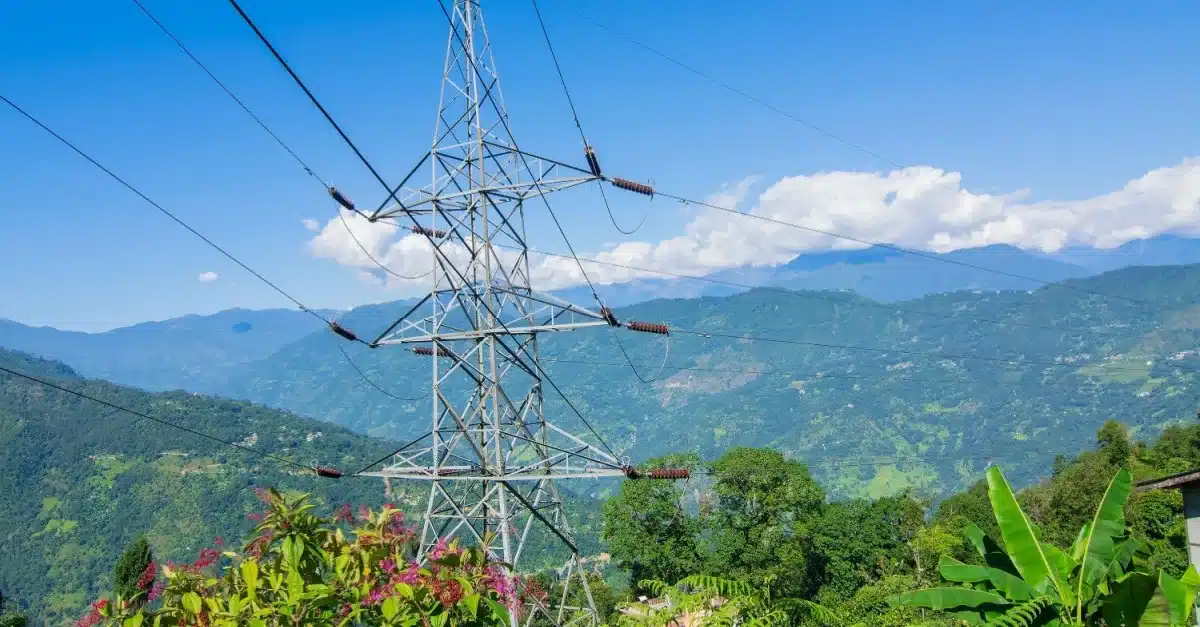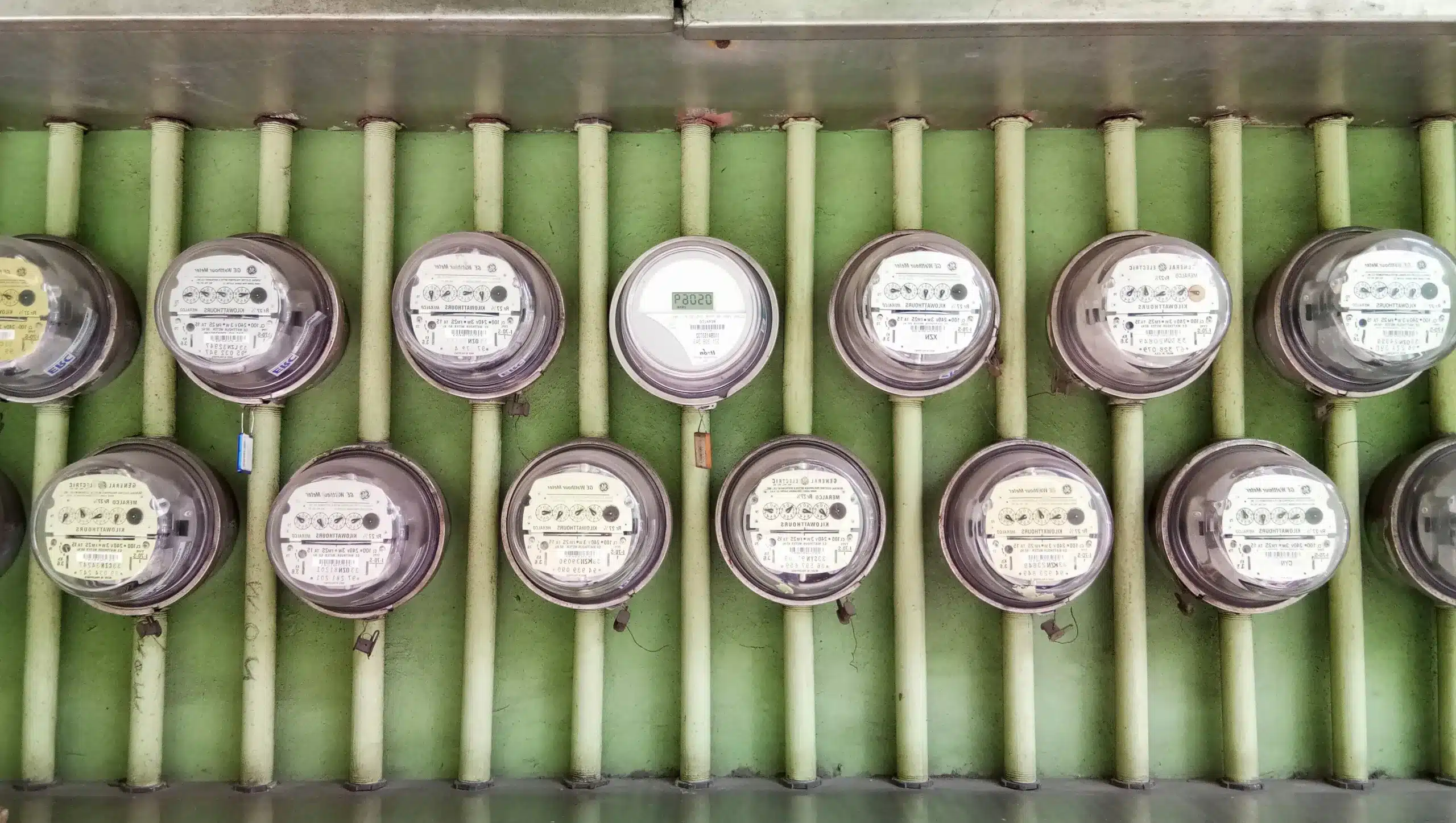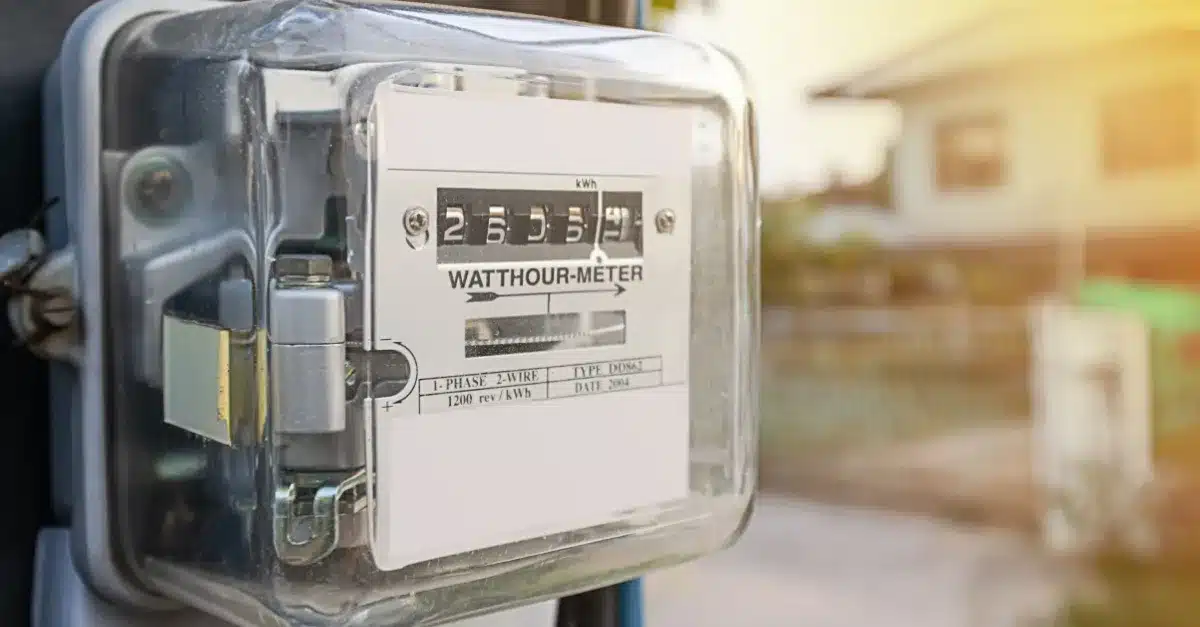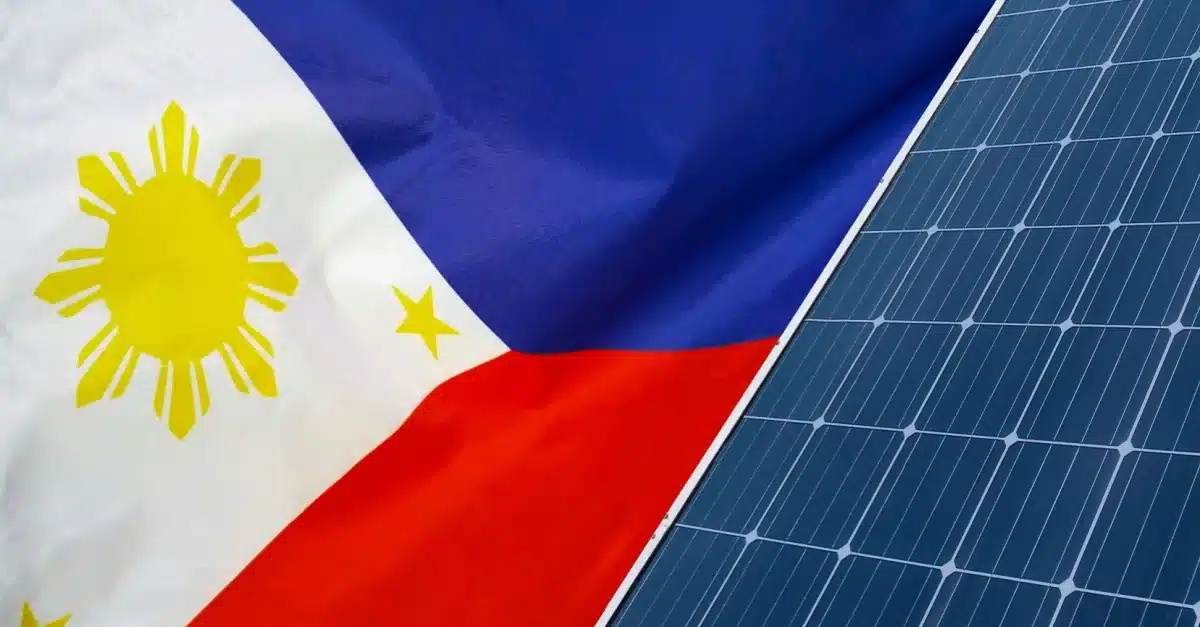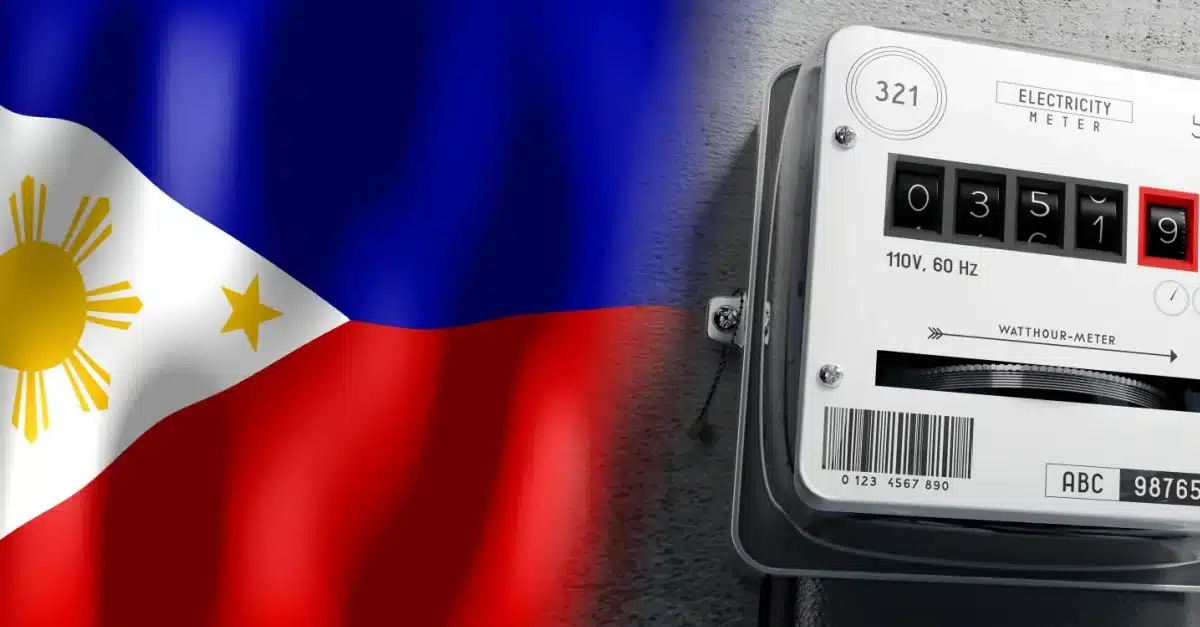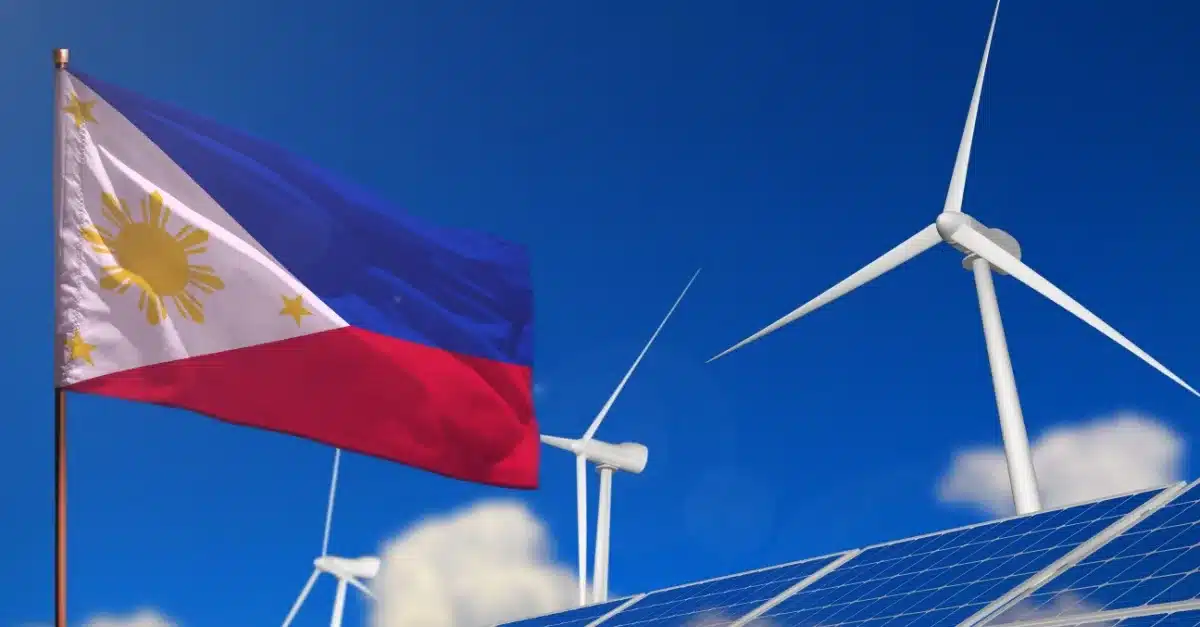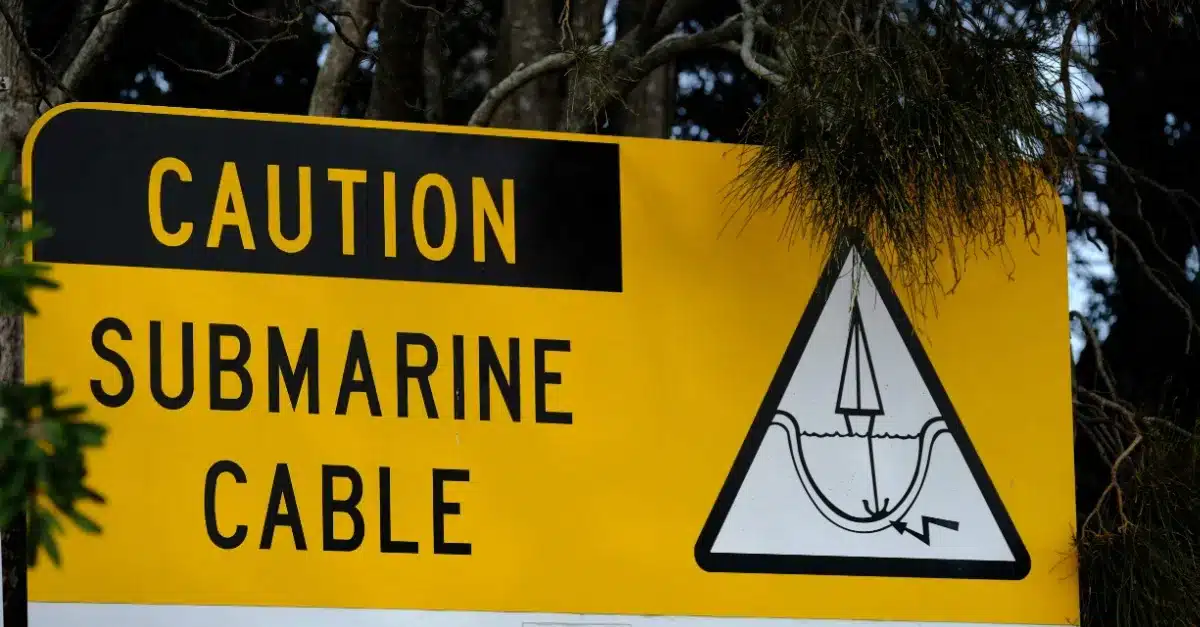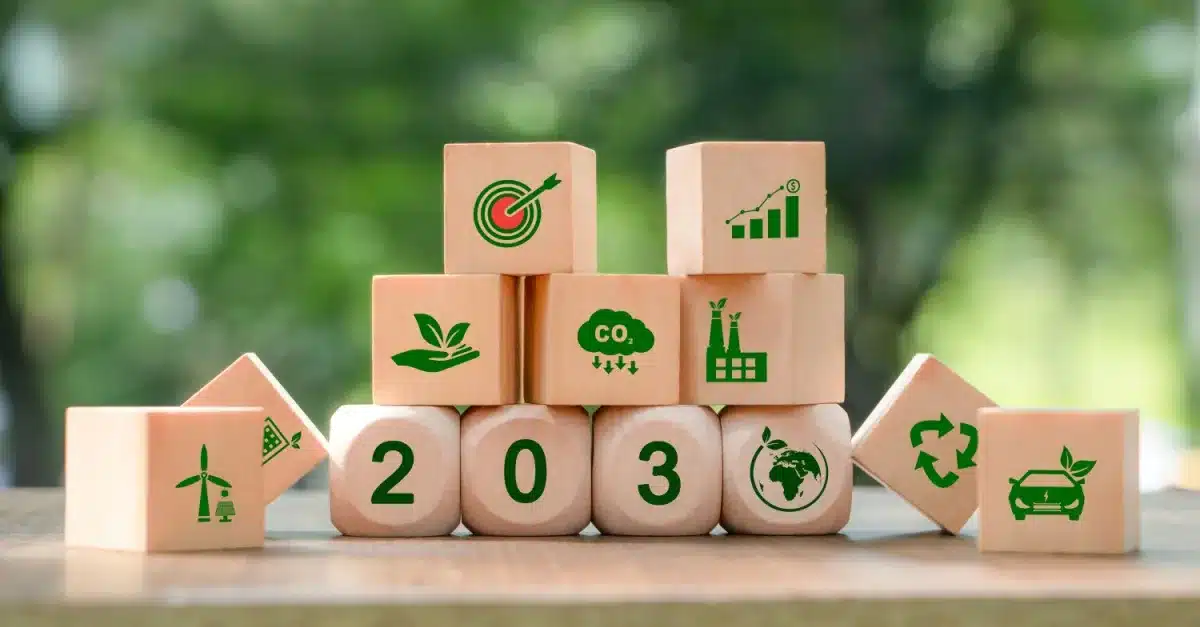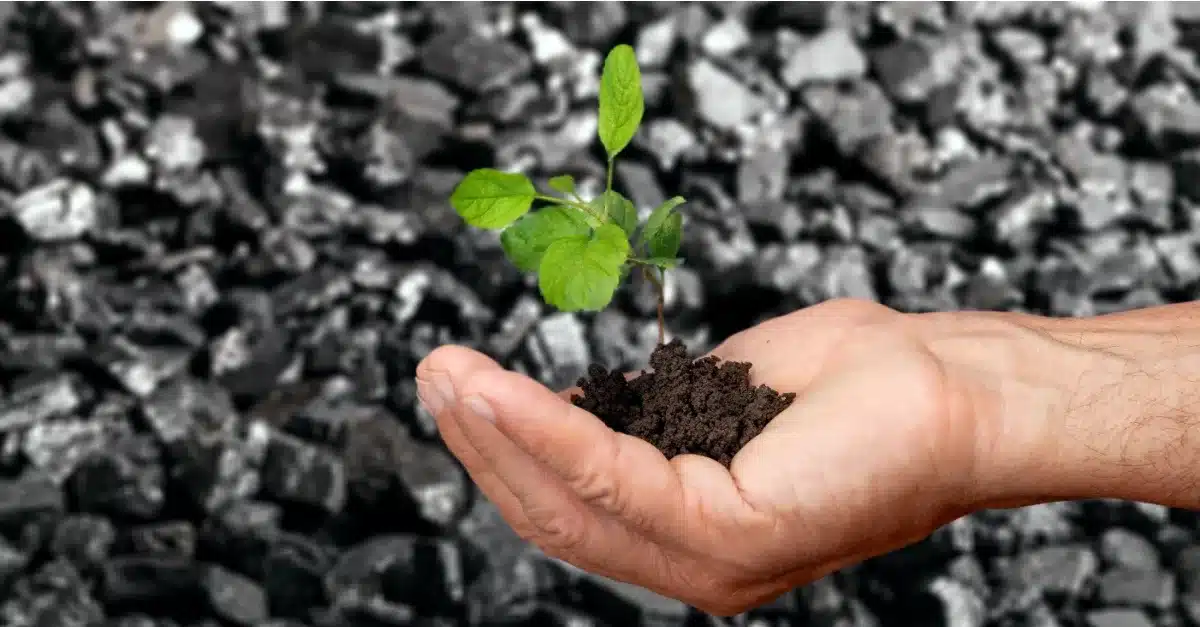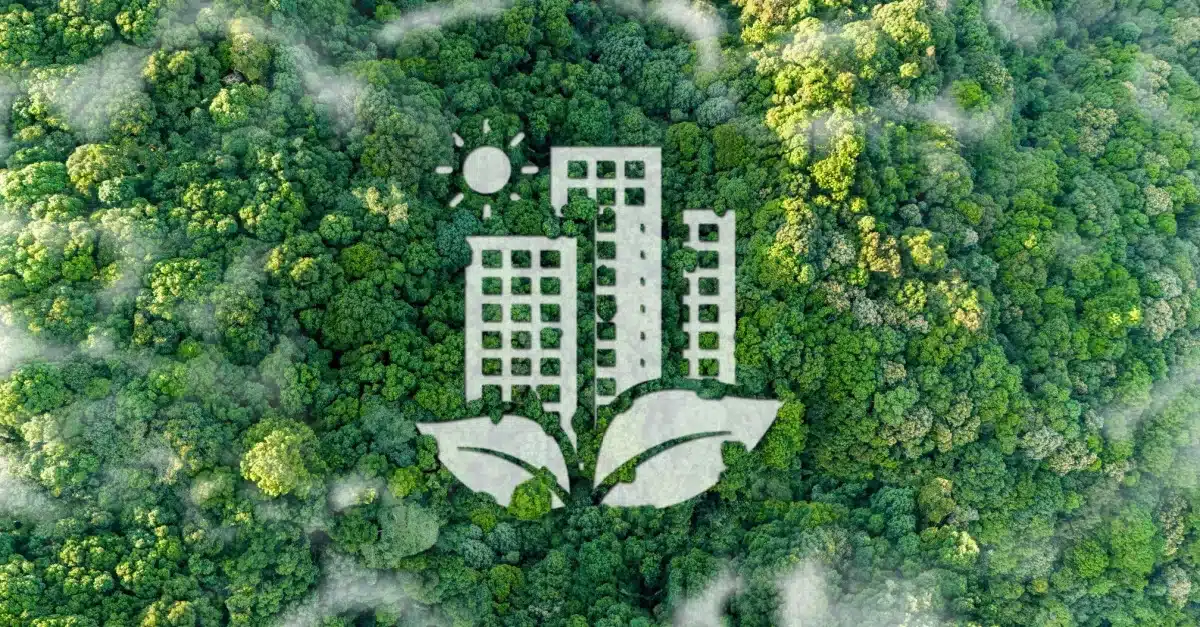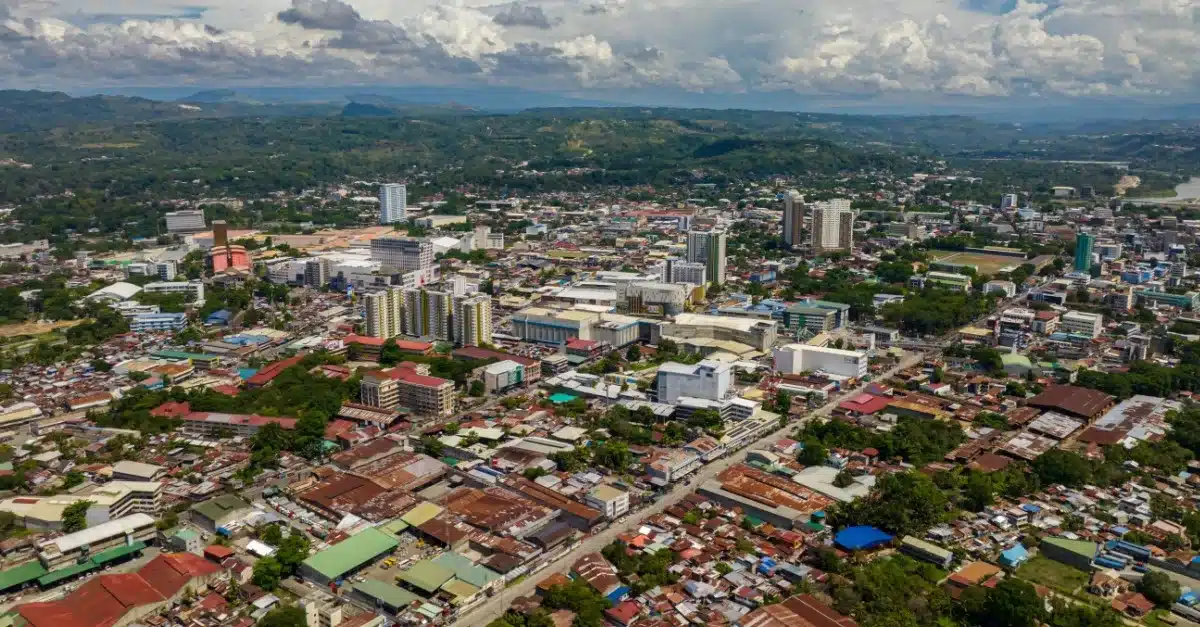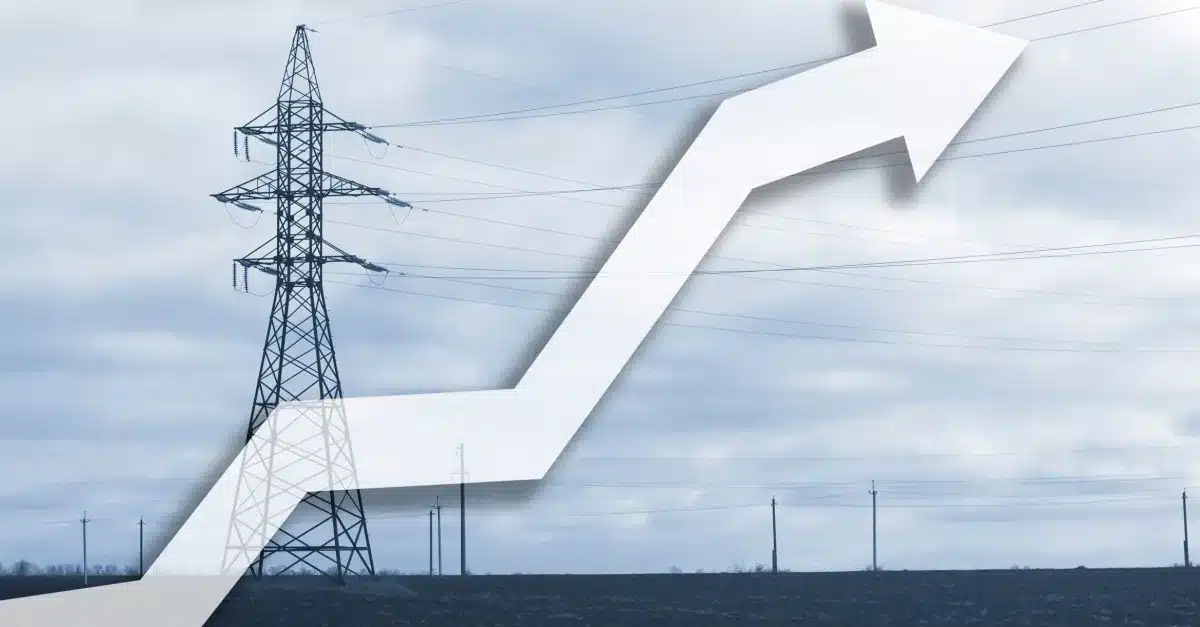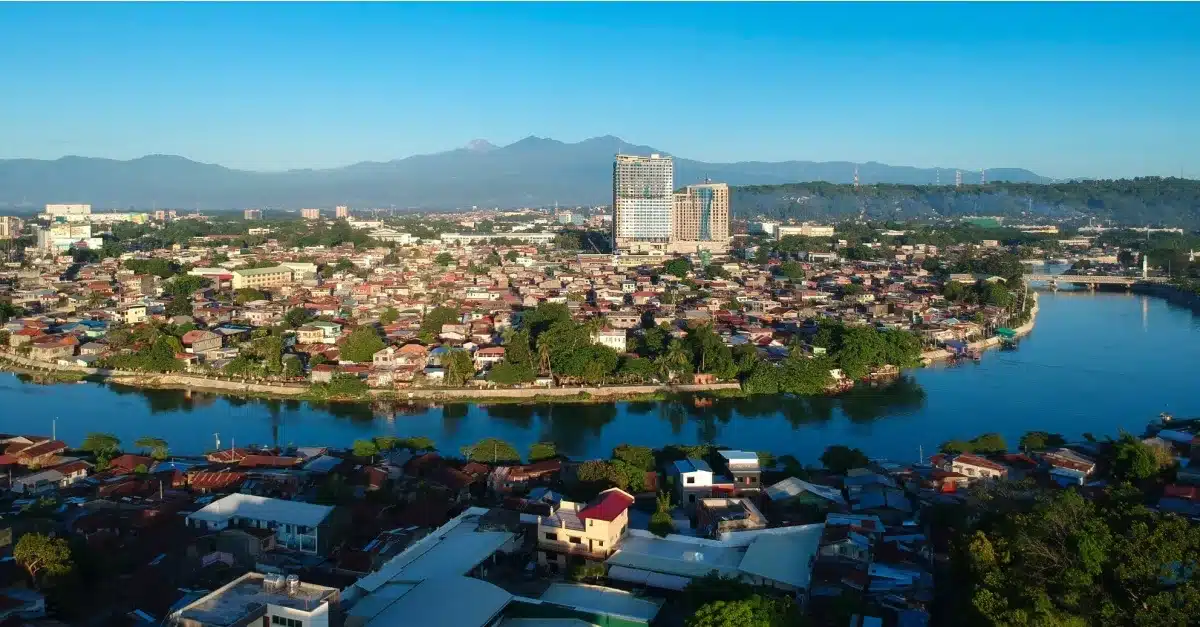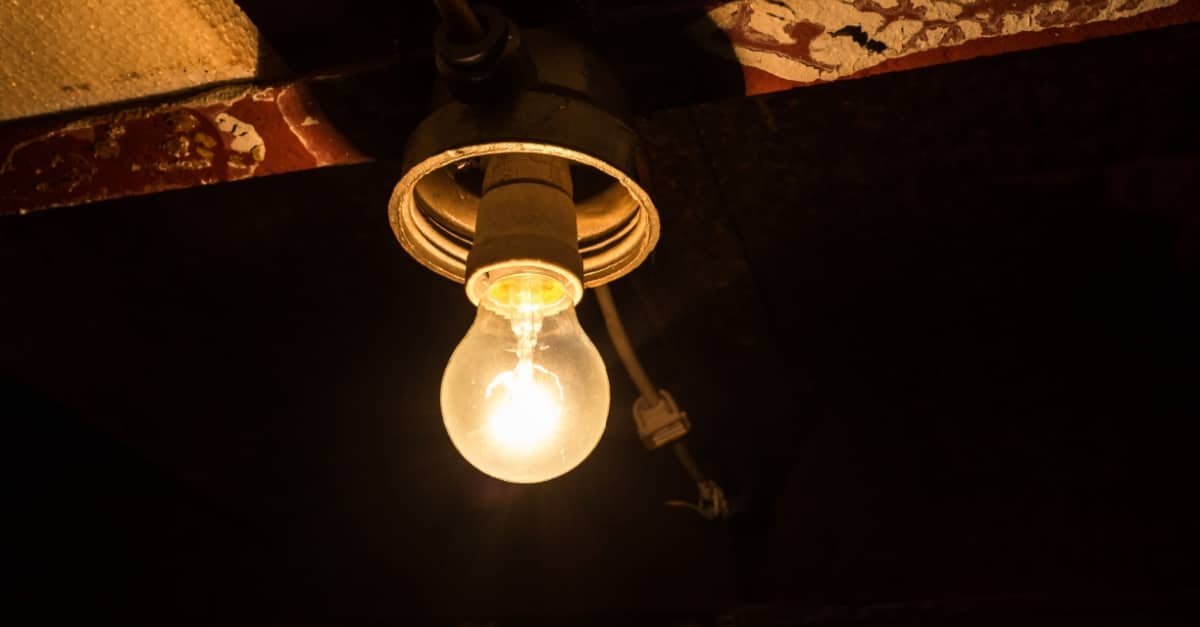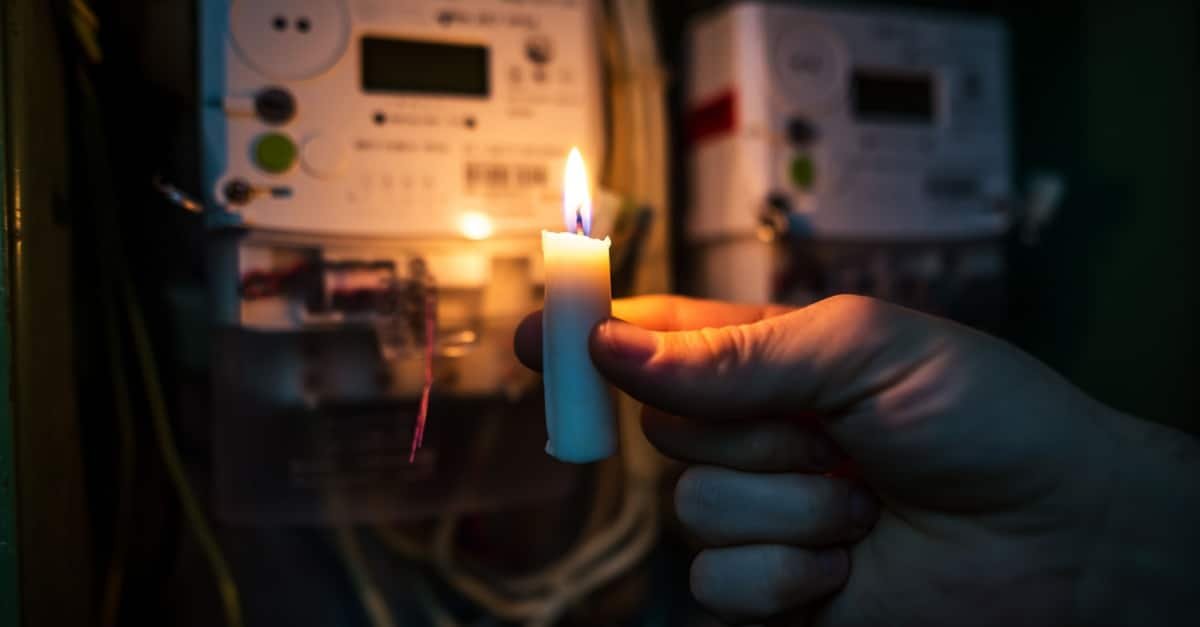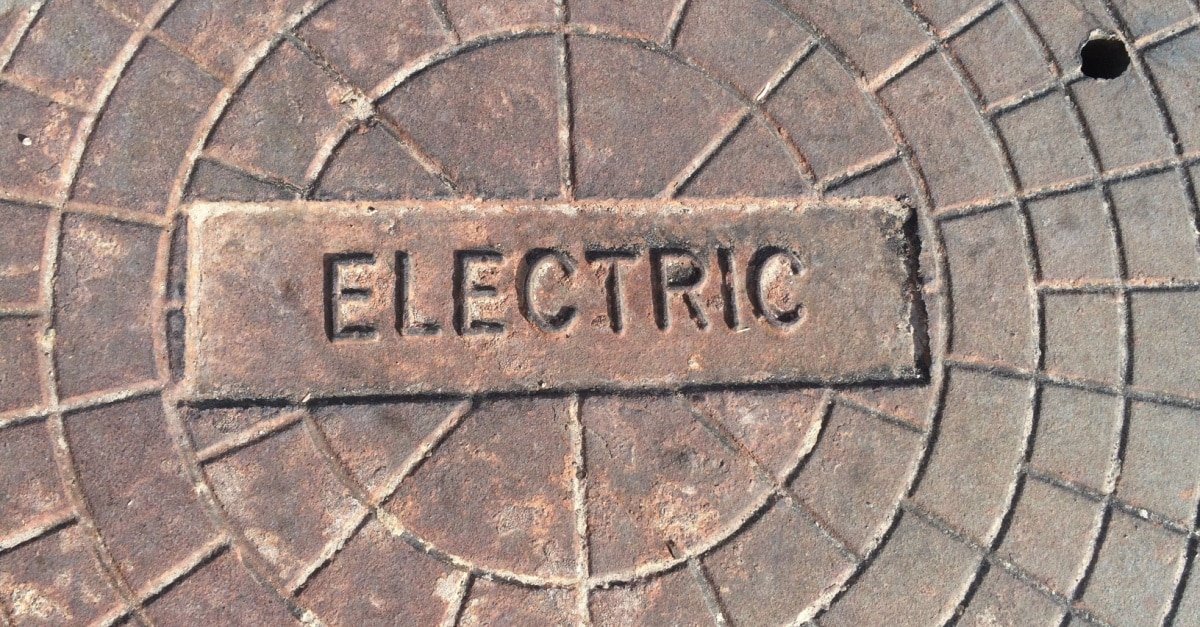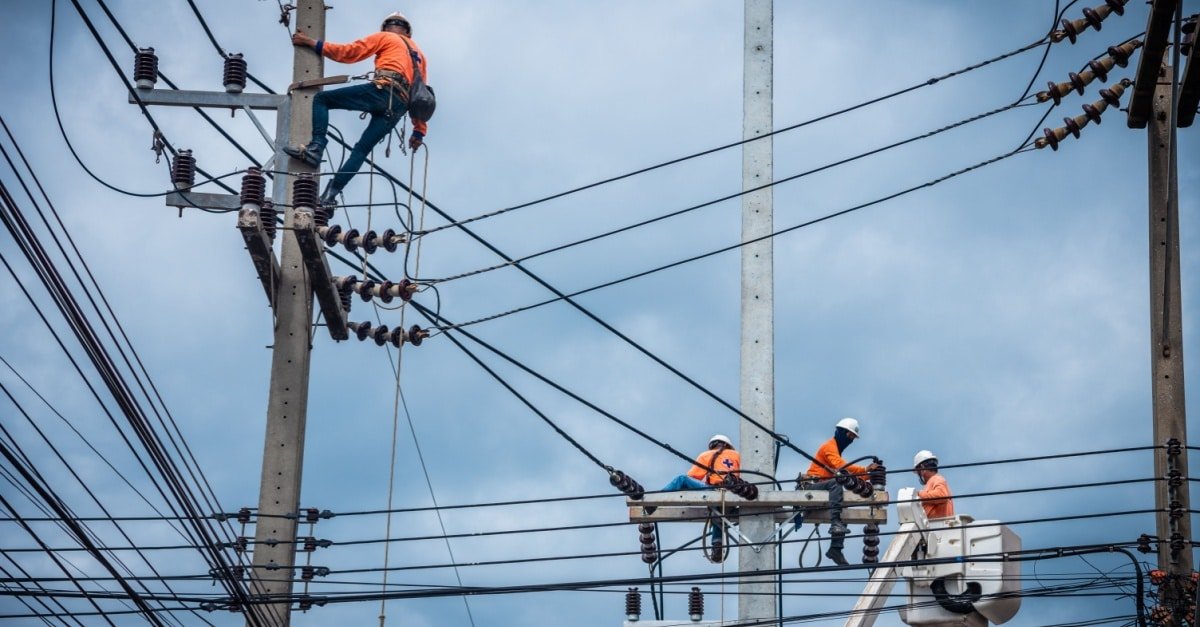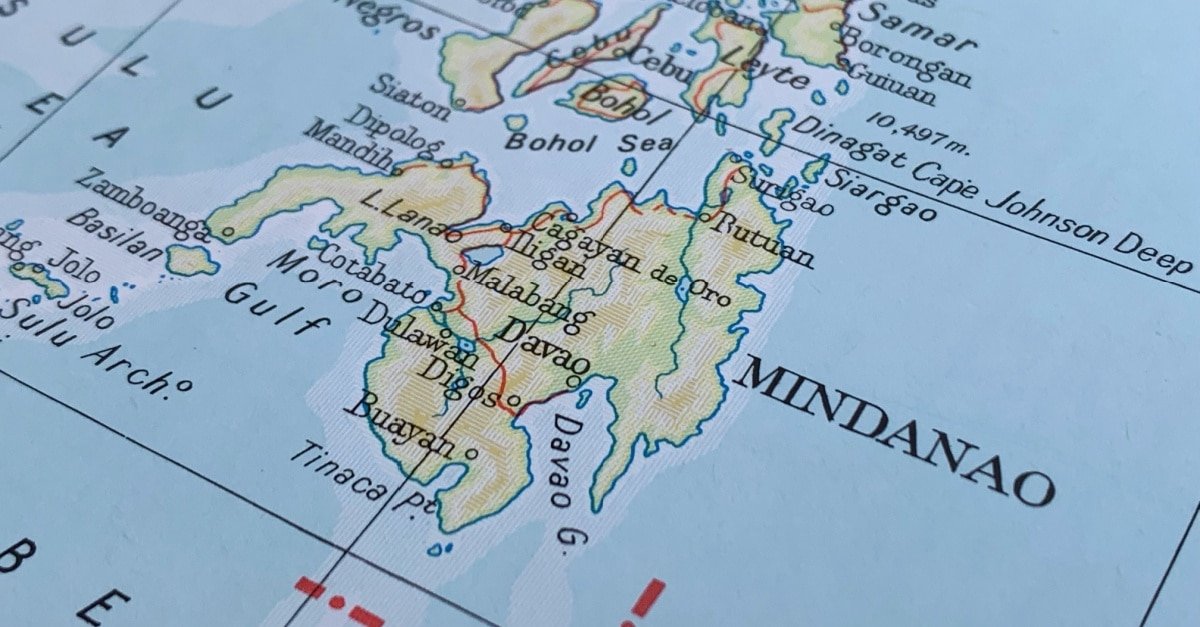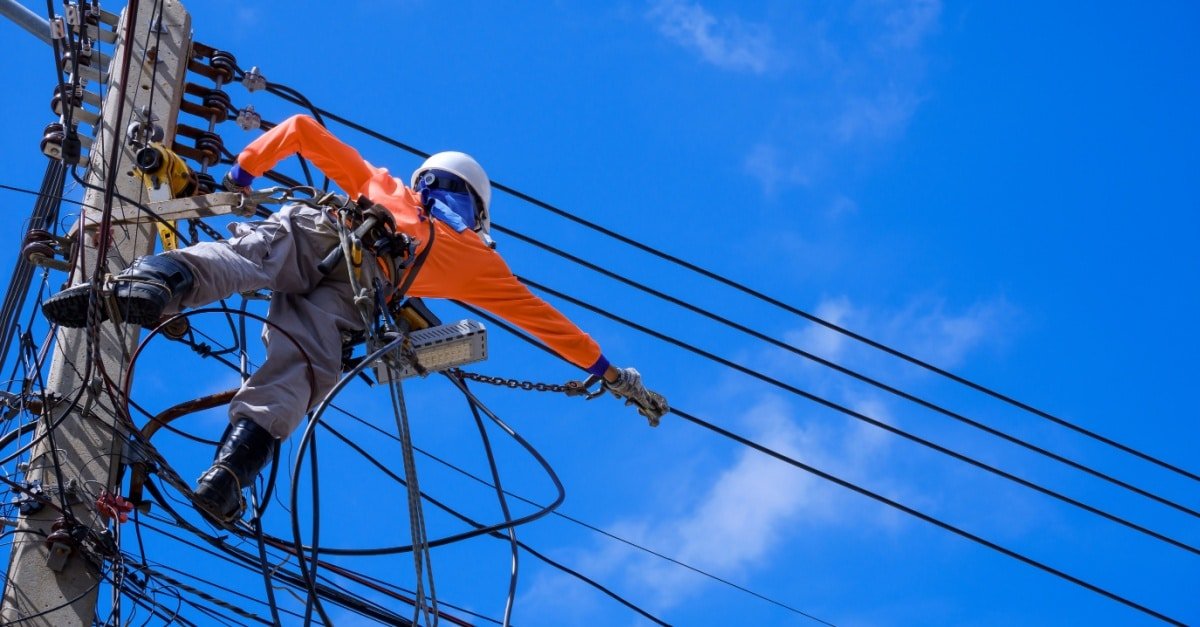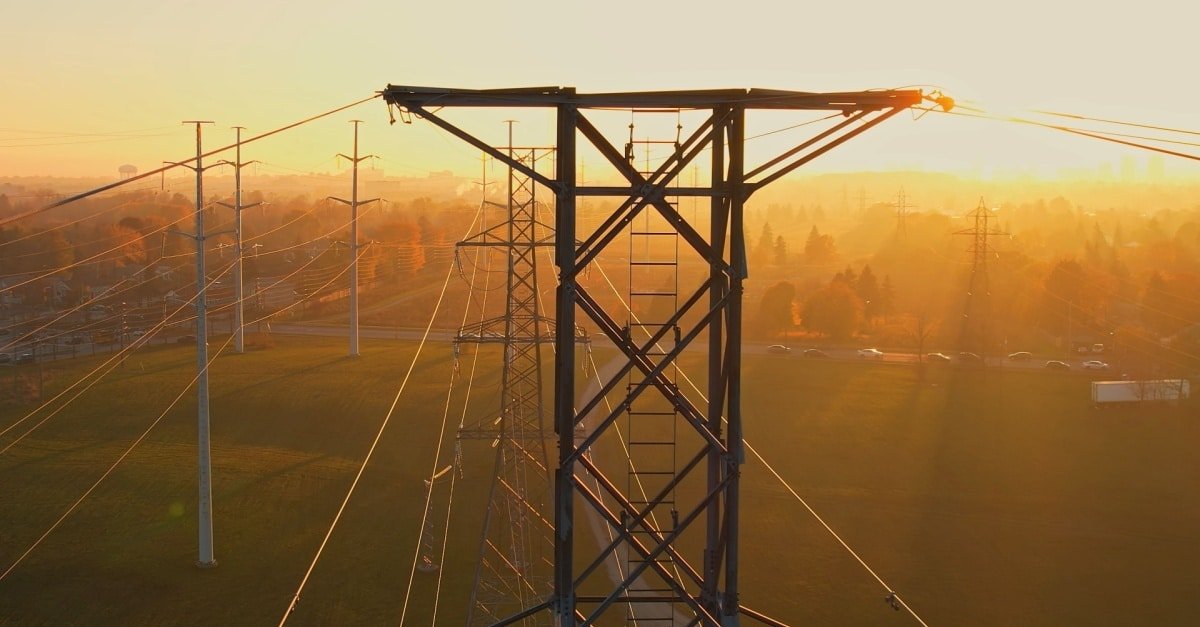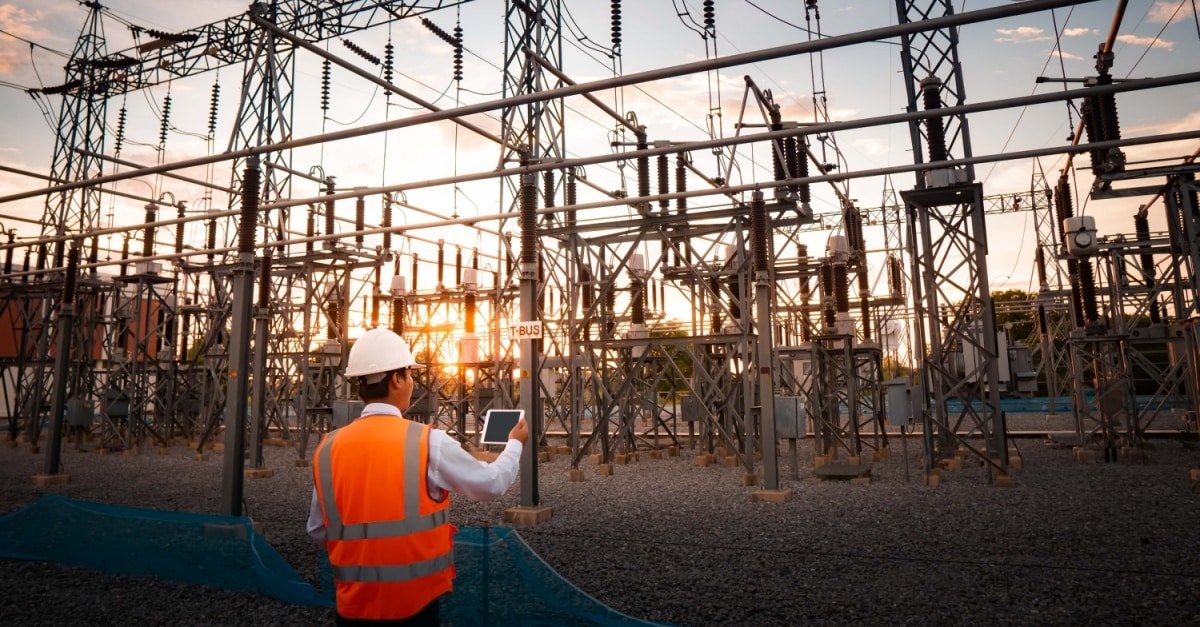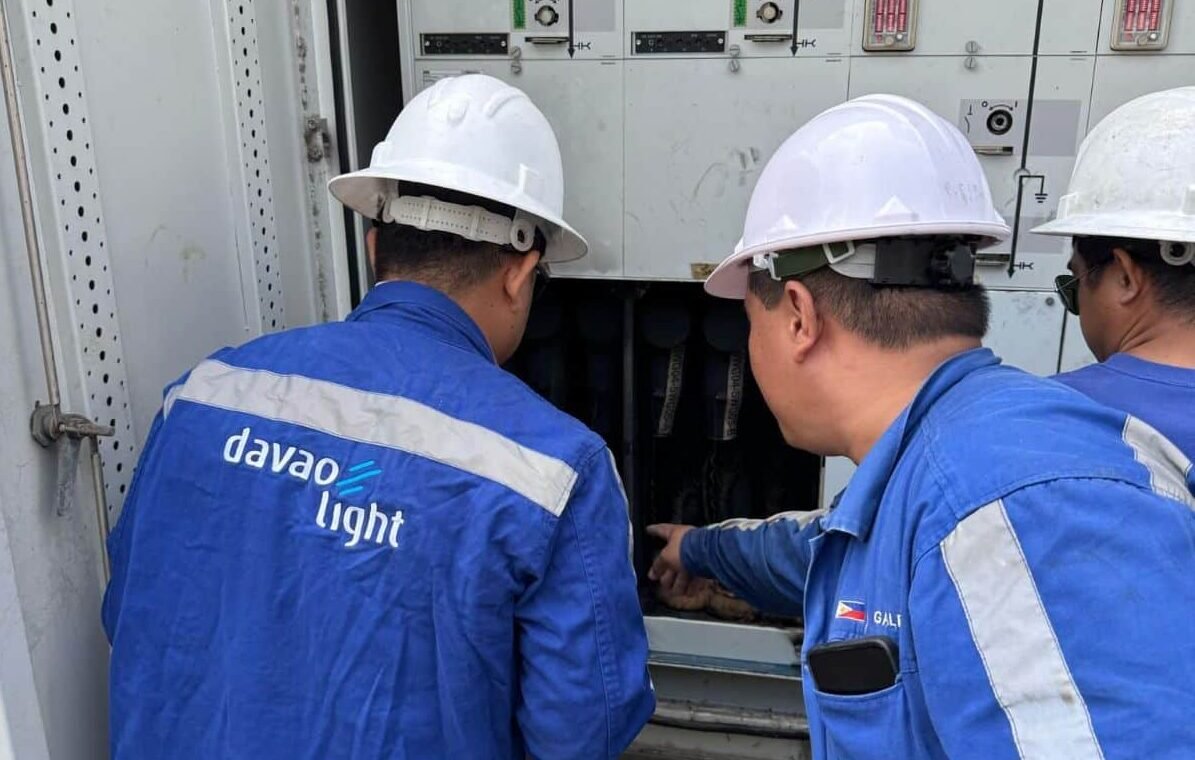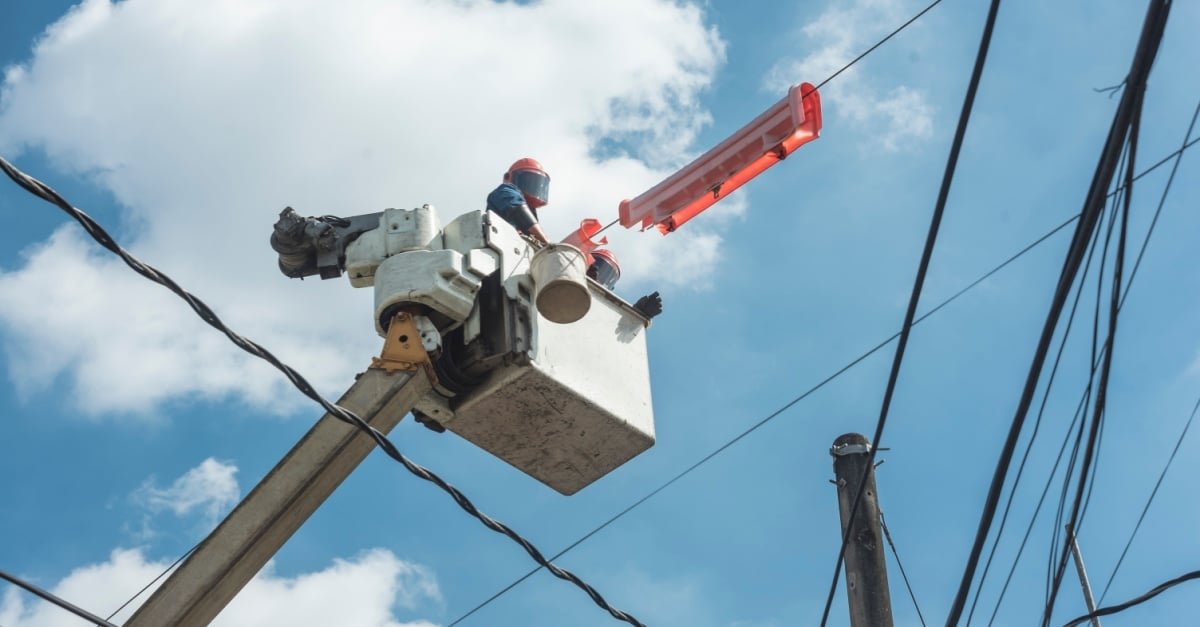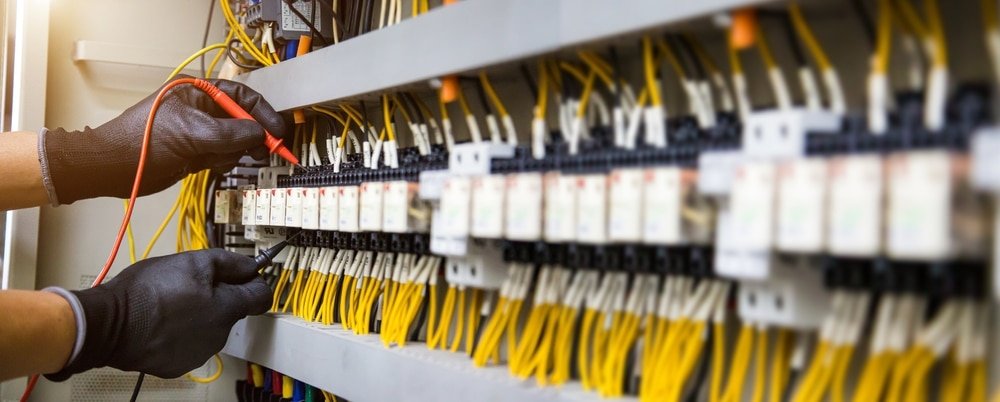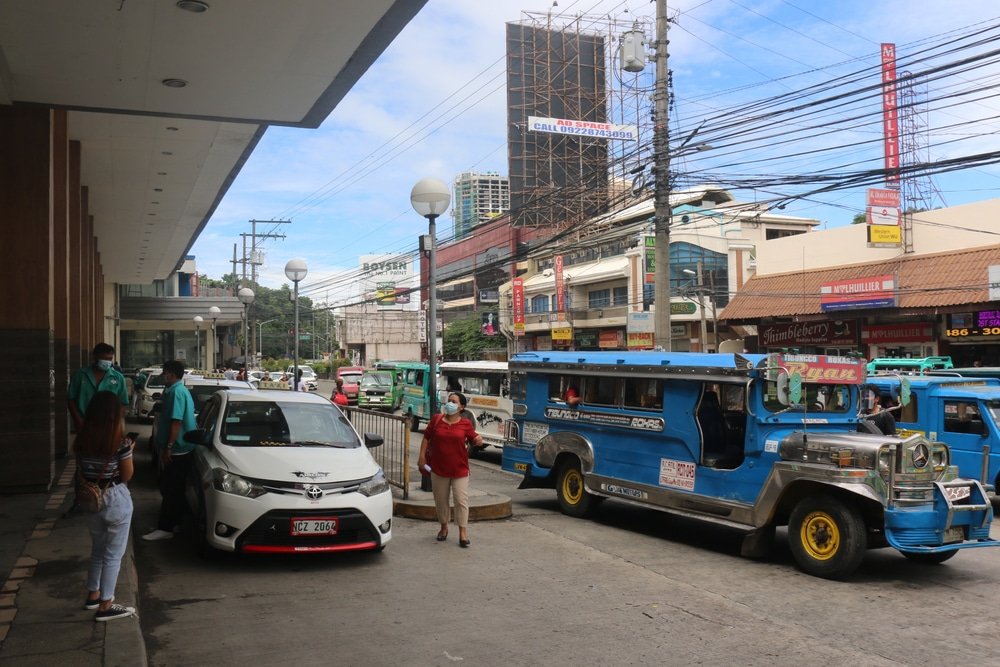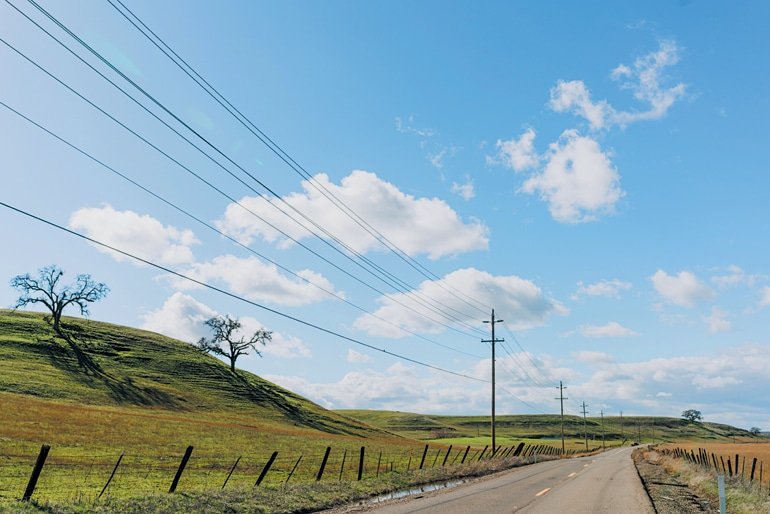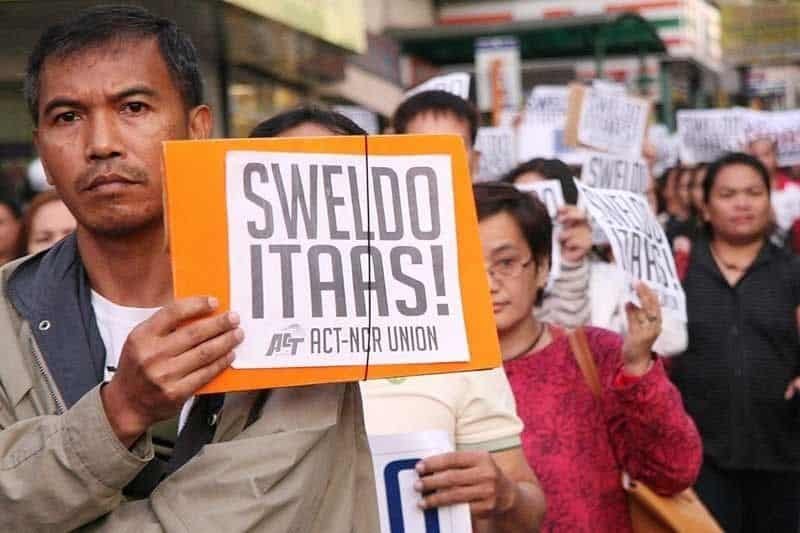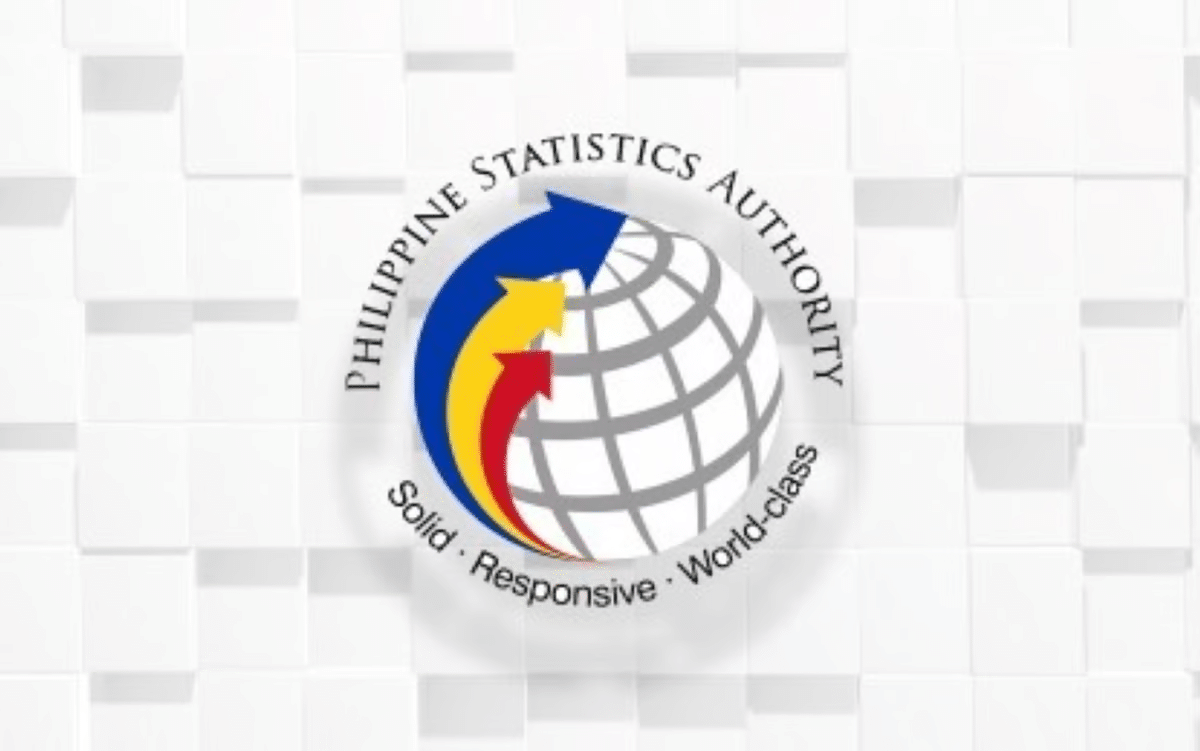
To create a reliable blueprint for Davao’s future energy strategy, the local government must be able to capture the pulse of the region. Getting an accurate read on residents’ power needs, usage, and habits is instrumental in charting an energy policy that works for everyone.
As Davao works towards more reliable and sustainable energy sources for the future, it has begun the process of establishing the necessary building blocks by conducting a Household Energy Consumption Survey (HECS). The survey will enable the local government to collect data on households’ utilization of fuels, supply systems, and patterns of energy use.
The HECS began on June 17, 2024, and will continue until July 19, 2024. It is being conducted by the Philippine Statistics Authority – Regional Statistical Services Office in Davao Region (PSA RSSO- Davao) in coordination with the Department of Energy (DOE).
In-depth Study
The survey, which covers all provinces in the Davao region, will supply the local government and the DOE with valuable information that will help them assess the current energy profile of different households and communities in the region. The HECS is a key part of the Comprehensive Regional Energy Study in the Philippines (CRESP), a project tasked to create an in-depth energy study for each region.
It includes analyzing and assessing data collected through quantitative research on various aspects such as energy consumption profiles, fuel and technology preferences, public concerns and issues regarding energy services, and awareness of energy-related policies, programs, and projects. Based on this information, recommendations will be made to improve energy strategies in the region.
The collected data will most likely inform the region’s future goals of tapping into renewable energy sources while slowly moving away from fossil fuels. Renewable energy now makes up 37 percent of Mindanao’s energy mix, with targets set at 50 percent renewable energy by 2030.
A Call For Cooperation
For the HECS, household samples will be surveyed using Computer-Aided Personal Interview (CAPI). To cover as many as 2,382 sample households in the region, six Team Supervisors and 24 Statistical Researchers will be deployed.
PSA RSSO XI-Davao Region encourages everyone to support and cooperate in this survey by providing truthful and accurate information. All data provided by respondents will be treated with strict confidentiality and considered privileged communication, making it inadmissible as evidence in any proceeding as outlined in Section 26 of RA 10625.
The PSA also complies with the Data Privacy Act of 2012, ensuring that all collected personal information is processed in accordance with the law and relevant issuances.
Source: PSA-Davao conducts 2023 Household Energy Consumption Survey



